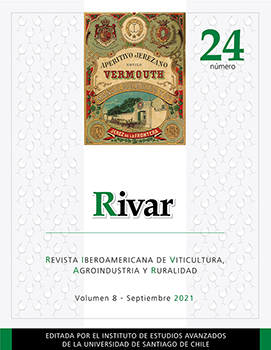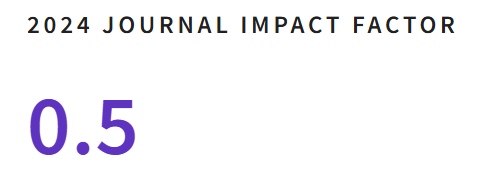El redescubrimiento del cerdo: aspectos zootécnicos y problemas de gestión de la cría de cerdos en Italia entre los siglos XIX y XX
DOI:
https://doi.org/10.35588/rivar.v8i24.5157Keywords:
pig, meat supply chain, legislation, ItalyAbstract
The transition from the wild to the sedentary state represents the first change in farming practice which was followed by the dissemination of the practices of breeders on the improvement of breeds and specific studies in the zootechnical field for a better yield of pig meat productivity. The family-run breeding was gradually replaced by the industrial and intensive one. The demand for meat with an increasingly low-fat content has also pushed farmers to recover the ancient system of free grazing in the woods with a diet based on chestnuts and acorns to obtain a genuine and quality. Sector studies are crucial for the development of the sector and to reflect on the typical problems of the meat farming and processing sector. The focus then shifts to the deepening of national and European legislation to identify the strengths and weaknesses of the sector with a look at the environmental impact and the opportunity of livestock companies to adopt specific plants for the transformation and use of animal manure in biogas with great advantages in terms of energy and environment.









